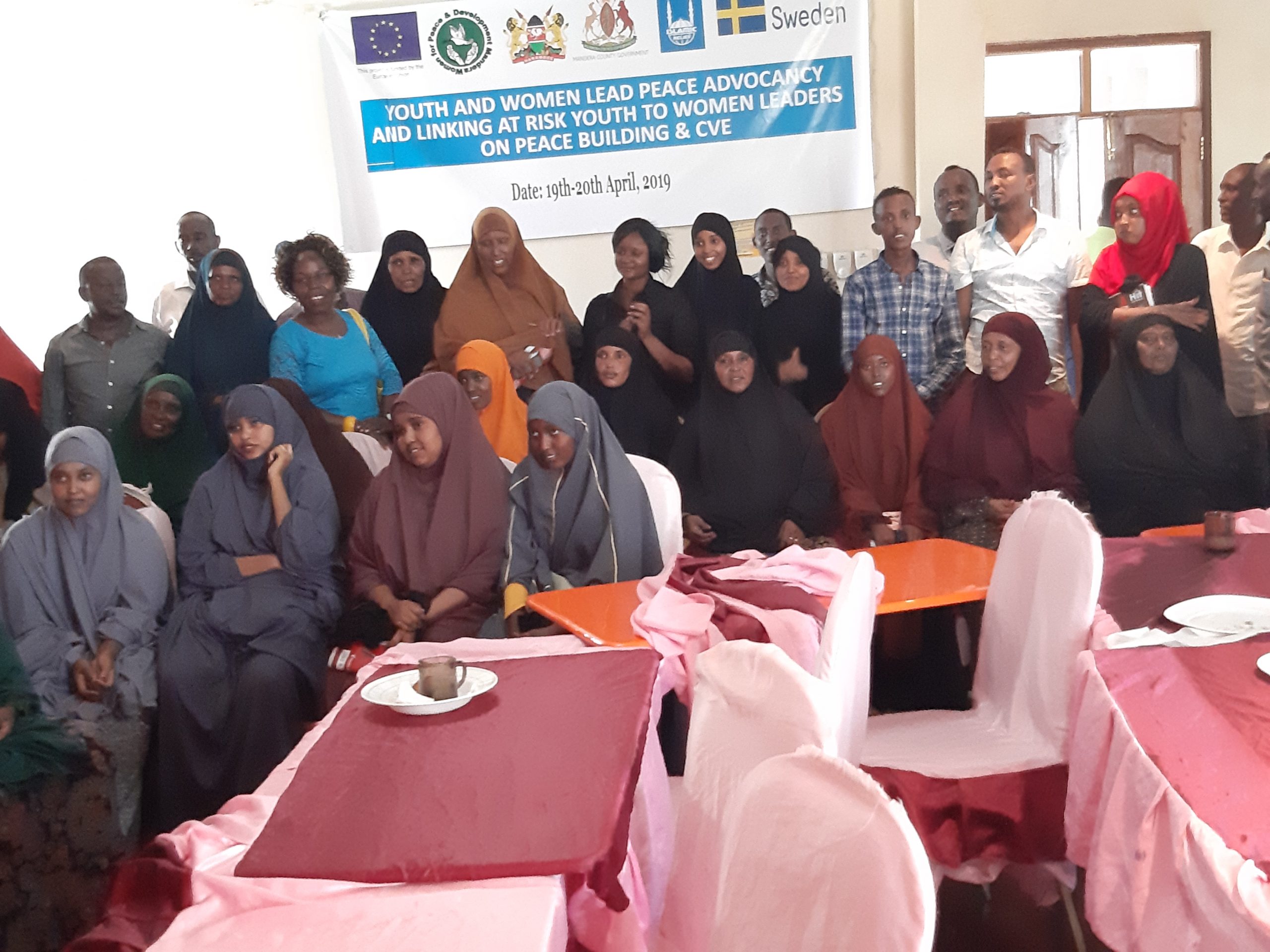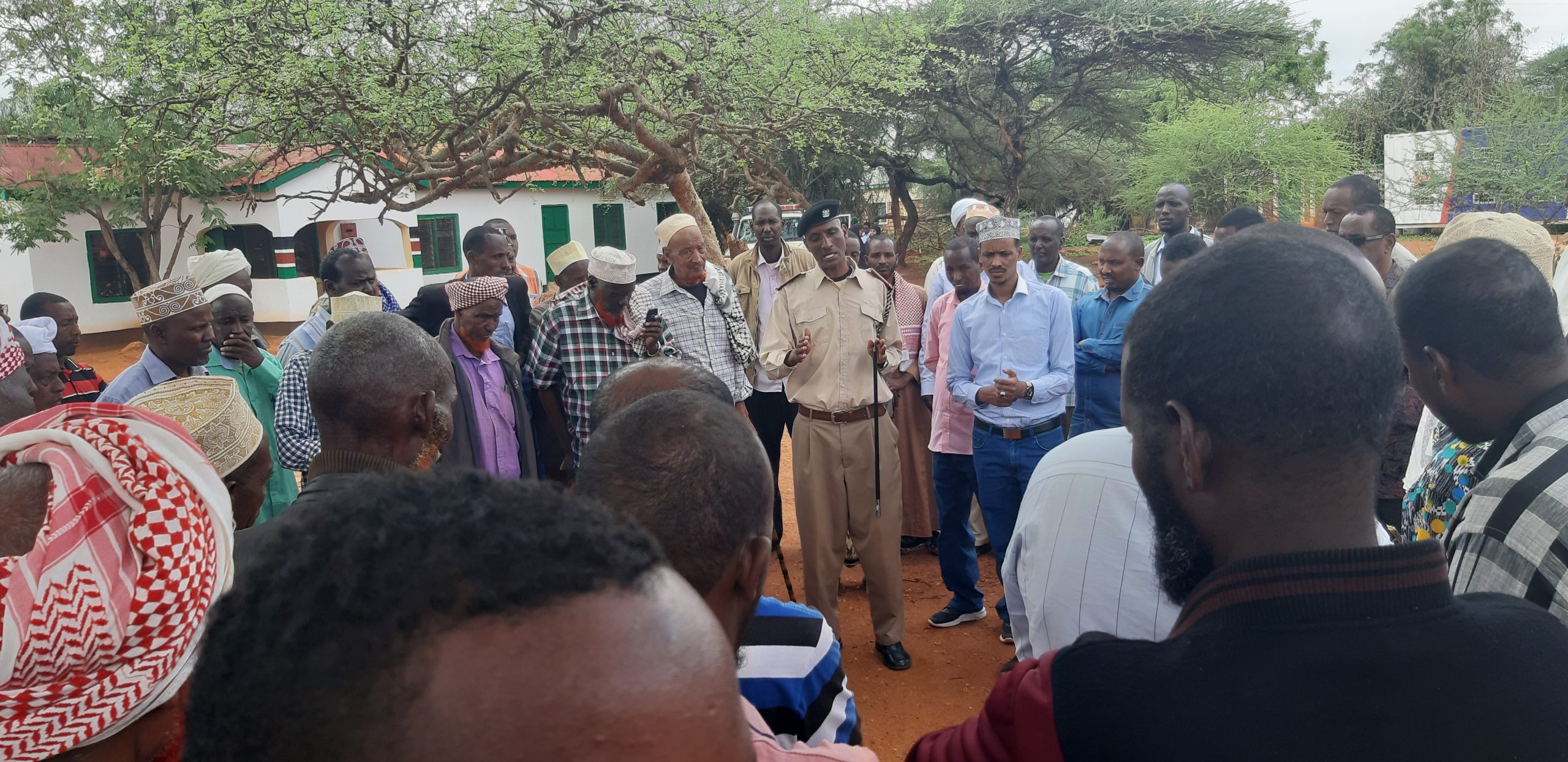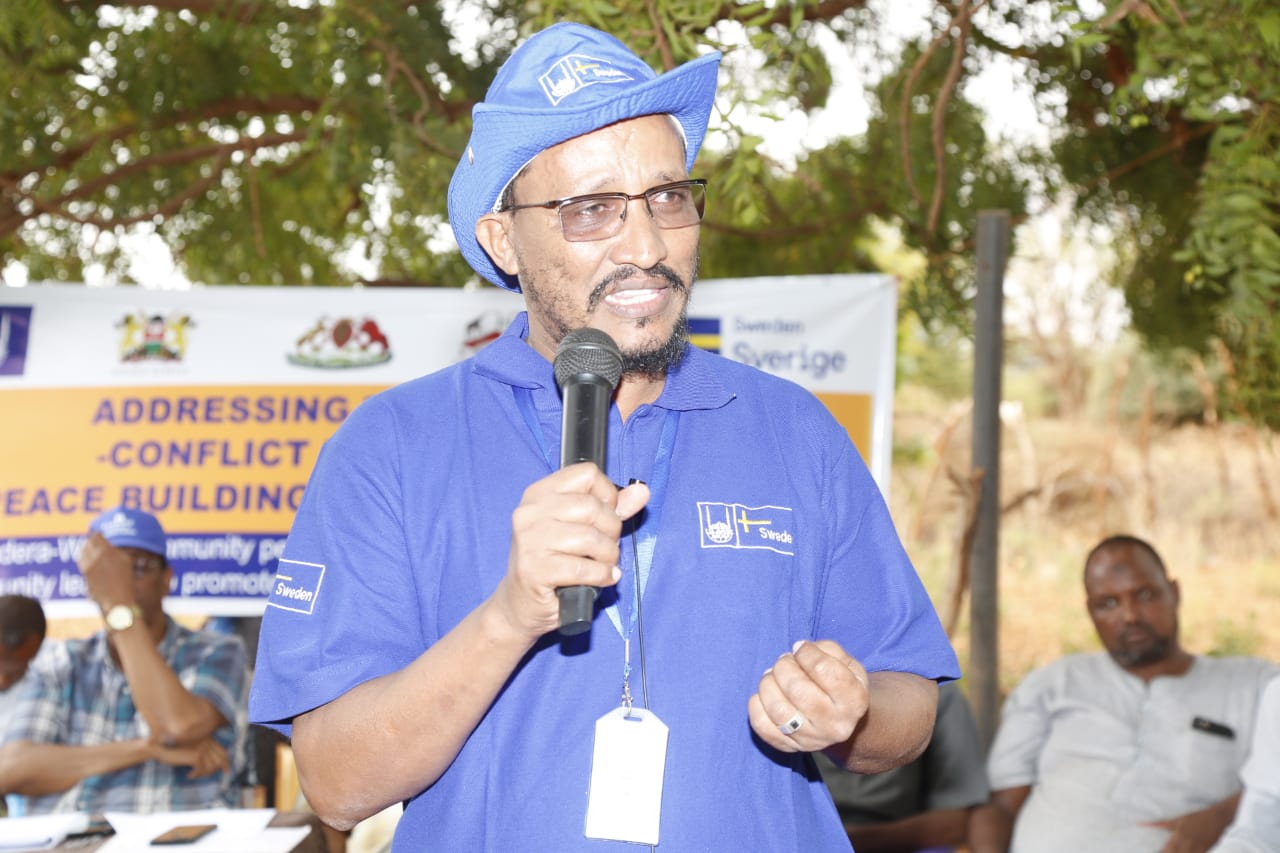As the climate emergency grips Kenya, pastoral communities are clashing over increasingly scarce water and grazing land. Islamic Relief is on hand to help.
Parts of Kenya are currently in the midst of a severe, prolonged drought that has struck the Horn of Africa. The pressure this puts on local communities in the region is made worse by a complex history of marginalisation, conflict and the proliferation of light weapons.
Water shortages threaten lives and livelihoods in Kenya
Among the hardest hit by drought are Somali communities in the northeast, where most people rely on water and pasture to maintain herds of livestock. Livestock herding is fundamental to Somali culture and is the main way that people earn a living.
“Rising global temperatures are making droughts more severe. The impact of the water scarcity, year after year, on herding communities has been devastating,” says Dr Sylvia Brown, Conflict Advisor for Islamic Relief.
“The northeast was already the poorest region in Kenya. Already facing many challenges, local people now face an even tougher struggle to survive as resources like pasture and water become increasingly difficult to find. More and more people are relying on fewer natural resources: it’s a recipe for conflict.”

Finding innovative solutions to reduce tensions
With communities struggling for survival and increasing numbers of people moving around the porous Kenya-Somalia-Ethiopia border region in search of water and food for their animals, disputes over access to land and wells can swiftly escalate into violence. With the easy availability of light weapons coming from Somalia, violence is now much more deadly.
Islamic Relief is helping reduce conflict in the area through an innovative £1 million community peacebuilding programme in Mandera County. Funded by the Swedish International Development Cooperation Agency (SIDA), it is providing a holistic programme of support to communities in the face of an increasingly tough situation.
“Since livestock herding is becoming untenable, we’re supporting young people under the age of 30 to develop skills that could help them build alternative livelihoods. Islamic Relief, in a separate project, helps communities to cope with the changing climate by supporting water projects that conserve precious rainfall,” says Dr Sylvia Brown.
“We’re supporting traditional community leaders and informal peace advocates like female teachers, faith leaders and community activists to work together to find innovative solutions to the twin challenges of conflict and climate change.”

Broadcasting peace across Mandera County
The programme prioritises young people, women and vulnerable families, but works with the wider community too.
It supports conflicting clans to hold peace dialogues to build a collective approach to peace in the region and trains women and young peace councils that advocate for peace and resolve disputes such as cattle theft.
One of the popular innovations of the project is the radio talk show programme in which community members promote peace across the airwaves, and share information about managing natural resources effectively. In this largely rural region, many people rely on the radio to keep up to date with the latest news.
“Our radio talk show tries to be inclusive, featuring speakers like clan, faith and community leaders, who traditionally pass on important peace messages,” explains Islamic Relief’s Abdi Sheikh Harun, describing the monthly show that is broadcast by local channel Star FM.
“Islamic scholars, teachers, government representatives, and members of peace committees also take part.”
Although most people in this region are ethnic Somali, there are language and clan differences which are quite tense. The show strives for clan and linguistic balance among the speakers to ensure it presents a fair and unbiased range of opinions and builds a sense of solidarity among the different communities.

Calming tensions with faith-based interventions
“Speakers discuss current issues or events that might trigger conflict. For example, escalating tensions between clans or pastoral movements that do not follow traditional grazing agreements” he adds.
“Sometimes Islamic scholars are able to calm tensions by explaining what Islamic texts and traditions say about resolving conflict with your neighbours. This reminds people of their commitments to each other and to Allah as Muslims.”
With early warnings about potential triggers for conflict, communities are able to respond quickly and constructively. Hearing the views of their traditional and community leaders on the show is also helping to reduce grievances and calm tensions where conflict has already erupted.
The community peacebuilding programme is set to complete in 2021 and aims to equip communities to cope not just with the impacts of the climate emergency, but any kind of shocks that could fuel intolerance and violence.
Islamic Relief is doing all we can to help vulnerable communities in the frontline of the climate emergency, as well as those in areas affected by conflict. We campaign extensively to halt climate change and to protect the environment from further harm. Support our work: donate now.










